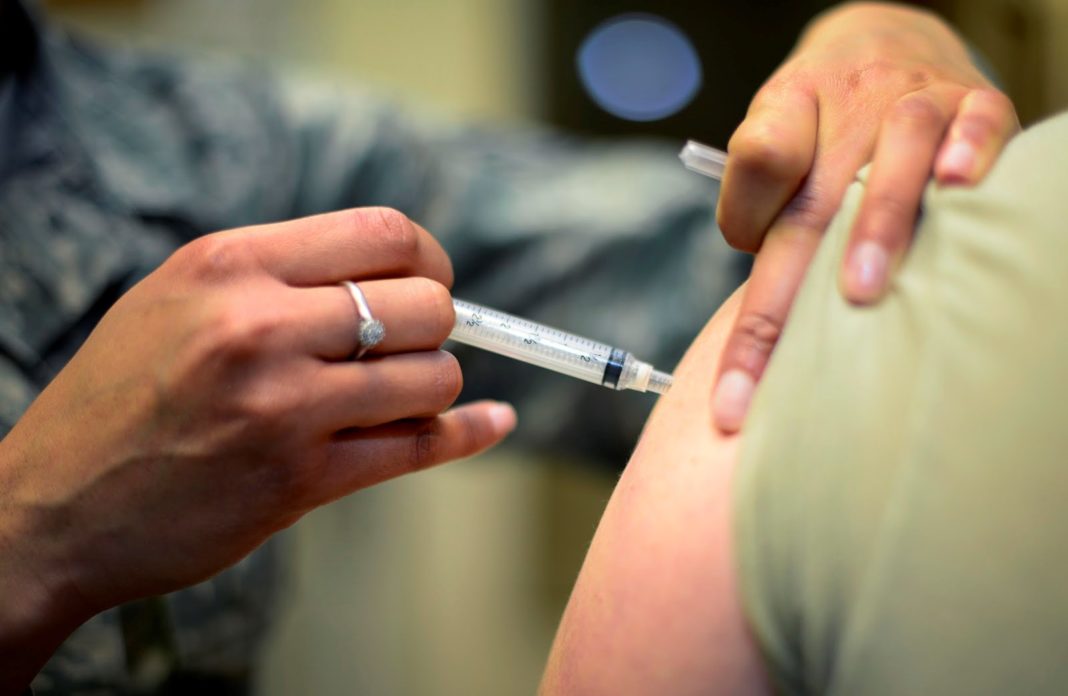While the European Union (EU) establishes a strategy that ensures access to a safe vaccine for its citizens, the second wave of the coronavirus continues to affect its main cities. The closure of several cities in the north of England has been followed by a curfew in Paris, the isolation of several French cities and the partial confinement of the Netherlands, whose much praised (by the Dutch government) “smart confinement” is failing to curtail infections with an unstoppable ease.
Brussels, Madrid, Barcelona, Berlin are the European capitals that follow along the same path.
Health workers, those over 60 years of age and essential workers will be the first to get vaccinated.
The danger that the EU will close borders and block the economy, has led the European government to prioritise the development and rapid worldwide deployment of safe and effective vaccines against covid-19, as an essential element in the eventual solution of the public health crisis.
In this context, the European Commission is working to ensure that there will be access to safe vaccines throughout Europe and is promoting a coordinated approach to vaccination strategies for the deployment of vaccines.
The Commission presented the key elements that Member States must take into account for their vaccination strategies against COVID-19 ahead of the EU leaders’ debate, which got underway on Thursday.
The president of the European Commission, Ursula von der Leyen , has said that “a safe and effective vaccine is our best chance to defeat the coronavirus and return to our normal life. We have worked hard to reach agreements with pharmaceutical companies and ensure that we have enough doses. Now, we need to make sure that once a vaccine is found, we are fully prepared to implement it.”
Stella Kyriakides , Commissioner for Health and Food Safety, warned about “the ever faster rise in infection rates across the EU. Time is running out. Everyone’s first priority should be to do whatever it takes to avoid the devastating consequences of widespread lockdowns. And we all need to prepare for the next steps.
The vaccine will not be a silver bullet, but it will play a central role in saving lives and containing the pandemic. And if a safe and effective vaccine is found, we must be prepared to implement it as quickly as possible, including building public confidence in its safety and effectiveness. ”
Access for all countries on equal terms
All Member States will have access to COVID-19 vaccines at the same time depending on the size of the population. The total number of vaccine doses will be limited during the initial stages of deployment and before production can be increased.
Therefore, the Communication provides examples of unclassified priority groups that countries should consider once COVID-19 vaccines are available, including: health and long-term care facility workers; People over 60 years; people whose state of health puts them particularly at risk; essential workers; people who cannot socially distance themselves; and the most disadvantaged socioeconomic groups.
While awaiting the arrival of approved vaccines against COVID-19, and in parallel to safeguard the continuation of other essential public health and healthcare services and programs, the EU must continue to mitigate the transmission of the virus. This can be achieved by protecting vulnerable groups and ensuring that citizens adhere to public health measures.
Until then, and most likely also during the initial phases of vaccination implementation, non-pharmaceutical interventions, such as physical distancing, closing public places, and adapting the work environment will remain the main public health tools to control and manage virus outbreaks.





